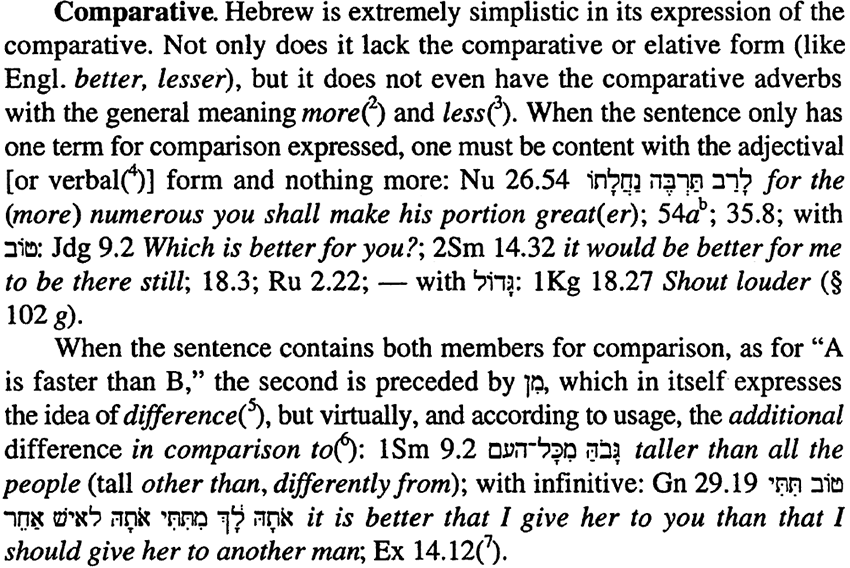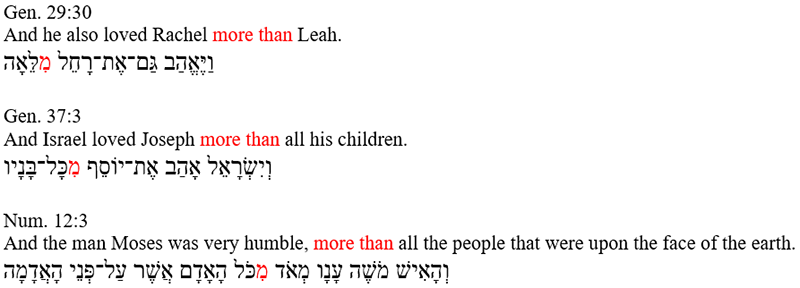The direct translation of Gen 3:1 is that the serpent was cunning out of the living of the field.
- The word for 'beast' in our English Bibles is the Hebrew word for 'living'.
- The word for 'more' is not used in this sentence? Am I right?
- 'Cunning' is arum which also means 'naked'. Adam and Eve were also arum / naked.
Thus, the serpent wasn't MORE arum than anything living, he was just arum, like Adam and Eve.
Am I reading this correctly? Even when using an Interlinear Bible and a Hebrew translator I cannot find the word for 'more' in this verse. If I am right, this will change a lot of things.
Also, notice how the word for 'serpent' is actually derived from the verb which means 'to practice divination', so the noun would mean 'someone/thing that is divining'. And this 'thing' which is translated 'serpent' was as arum as Adam and Eve was
Was it really something outside of Eve? Or was it the hiss of her inner spirit which led to her questioning God's command?

